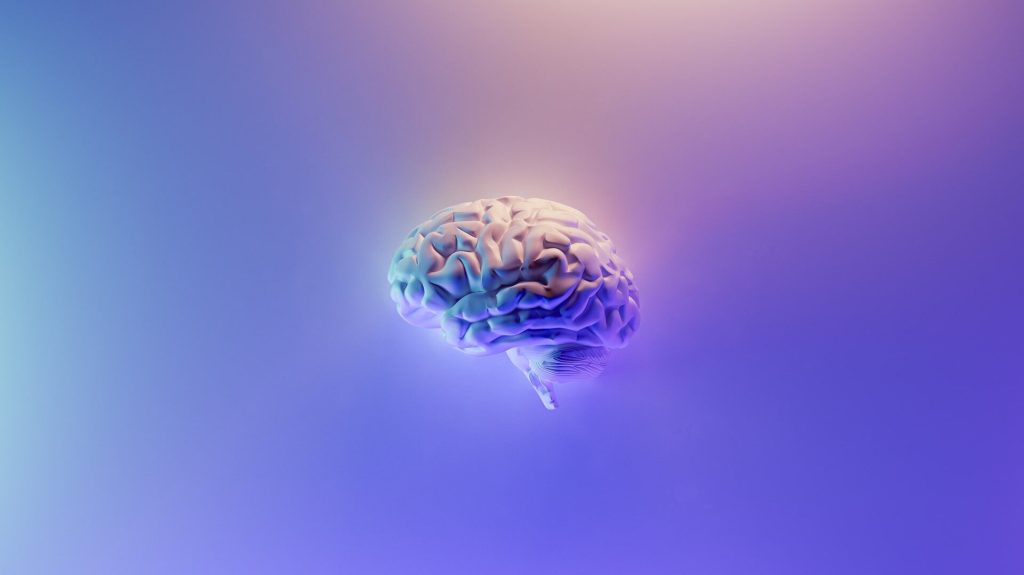
A study published in the journal Psychological Review describes a possible mechanism by which breathing influences the brain and how breathing exercises influence mood. The researchers synthesised results from more than a dozen studies with rodent, monkey, and human brain imaging, and used it to propose a new computational model that explains how our breathing influences the brain’s expectations.
“What we found is that, across many different types of tasks and animals, brain rhythms are closely tied to the rhythm of our breath. We are more sensitive to the outside world when we are breathing in, whereas the brain tunes out more when we breathe out. This also aligns with how some extreme sports use breathing, for example professional marksmen are trained to pull the trigger at the end of exhalation,” explains Professor Micah Allen from the Department of Clinical Medicine at Aarhus University.
The study suggest that breathing is more than just something we do to stay alive, explains Prof Allen.
“It suggests that the brain and breathing are closely intertwined in a way that goes far beyond survival, to actually impact our emotions, our attention, and how we process the outside world. Our model suggests there is a common mechanism in the brain which links the rhythm of breathing to these events.”
Breathing can affect our mental health
Understanding how breathing shapes our brain, and by extension, our mood, thoughts, and behaviours, is an important goal in order to better prevent and treat mental illness.
“Difficulty breathing is associated with a very large increase in the risk for mood disorders such as anxiety and depression. We know that respiration, respiratory illness, and psychiatric disorders are closely linked. Our study raises the possibility that the next treatments for these disorders might be found in the development of new ways to realign the rhythms of the brain and body, rather than treating either in isolation,” explains Micah Allen.
The new study sheds light on how the brain its possible to stabilise the mind through breathing exercises. It suggests that there are three pathways in the brain that control this interaction between breathing and brain activity. It also suggests that our pattern of breathing makes the brain more “excitable,” meaning neurons are more likely to fire during certain times of breathing.
Prof Allen says that research is underway into investigating how different kinds of emotional and visual perception are influenced by breathing in the brain, as well as the impact of long COVID.
Source: Aarhus University


